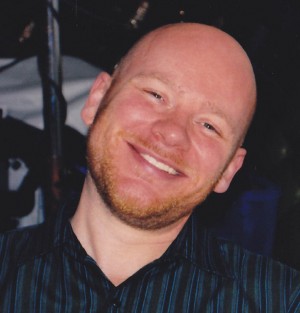The Positive Side of Asperger’s
When I was young, teachers (and peers) realized I could do math in my head. In third grade, I got my multiplication tables down before anyone else. When I started a new school in eighth grade, my classmates discovered I could multiply two digit numbers times other two digit numbers in my head. My senior year of high school, I entered a “number sense” competition and placed 2nd out of 15. Right before I started college, I tested out of math and hence, never had to take it after high school.
Years later, I tracked down via email an old co-worker who had a successful career in advertising. He wrote back and told me he had recently been sitting in a business meeting with facts and figures flying around and thought about how nice it would be to have my math ability. To this day, if my parents or brother have a mathematical dilemma, I’m the “go-to” guy.Continue Reading
Ken Kellam III was diagnosed with Asperger Syndrome in his late 30’s, and has worked with Autism Treatment Center of Texas since 2003. He is currently the administrative assistant to the clinical director. He also helps facilitate three different self-advocate groups, and in the Spring of 2015 was presented with the “Angel Award” by the National Autism Association of North Texas for the works he has done with these groups. He has also done public speaking on the subject of autism/Asperger syndrome, and has spoken to various educational and parental groups. When not involved with autism, Ken has led the singing at the same church since 1988, and has also been the fill-in preacher at this same church. In 2006 he was called on to sing the National Anthem at the Autism Society of America’s national convention in Dallas, and performed the same song at ATC’s rodeo fundraiser. He also enjoys writing, and formerly wrote articles for a website dedicated to reality television. In 2011 he got married for the first time, and his wife Rachel works for ATC in Adult Services. Ken graduated from Oklahoma Christian University in 1987 with a Bachelor’s in Mass Communications, and once worked as a radio traffic reporter, interactive announcer and writer, and news producer in Dallas. He views Asperger’s as a difference, not a defect, and has come to appreciate the positive aspect’s of Asperger’s.



